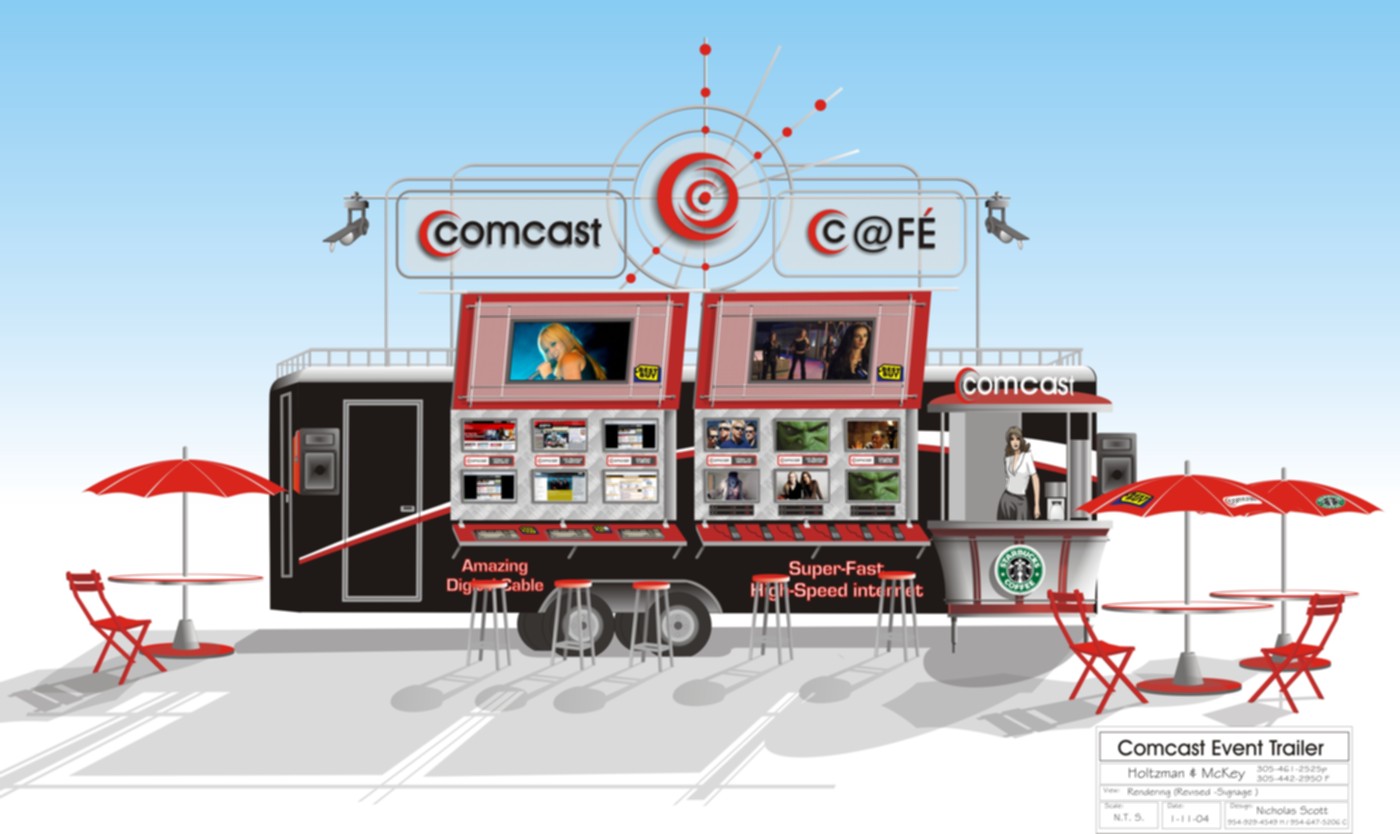
In a bid to ensure the World-Wide-Web remains an open forum of communication, the Federal Communications Commission held hearings recently on "Network Management" on the Internet.
The FCC has the authority to prevent service providers from discriminating against web surfers.
For this reason - and in spite of the fact Comcast admitted delaying file-sharing traffic for subscribers as a way to keep traffic flowing recently - Kevin Martin (Chairman of the FCC) assured naysayers at the forums that no new legislation was necessary.
While Mr. Martin confessed that the FCC has a responsibility to enforce the principles currently in place, he cautioned that intense regulation of the net is entirely unwarranted.
At the hearings, key speakers voiced their concerns about "Network Neutrality", and stressed that net surfers should be able to go where they choose on the Internet without interference from network owners.
For instance, a contingent of writers from the WGA elaborated that when a strike was underway in Hollywood a few weeks ago, reps were concerned about the fact the individuals they were negotiating with for new contracts owned the servers.
Patric Verrone - President of WGA (WEST) - went so far as to warn that when employers are the same companies who control the media it may be difficult to get messages out.
Because the Guild relied on blog postings, video announcements, and e-mail communications to maintain contact with their membership, Verrone felt it was important to raise the need for neutrality based on the Guild's recent experience.
Even still, according to various reports across the board, the neutrality issue has divided Congress.
And, while Democrats appear to be largely in favor of legislation, Republicans are mostly opposed to action on neutrality issues, according to informed sources.
The Networks are also opposed to added legislation and have argued that new rules are not only unnecessary, but may hurt the consumer.
Kyle McSlarrow - the President & CEO of the National Cable and Telecommunications Association - believes that the fears of pro-net neutrality activists are unfounded.
He asserts that - of the millions of users traversing the Internet superhighway daily - no one is essentially being "blocked". If they were, they have recourse.
"They can sign up with another provider," he argues matter-of-fact.
At the panel discussions, Mr. Martin concluded in the final analysis, that the "Internet Policy" approved in 2005 is enforceable and gives the FCC the teeth it needs to adequately protect consumers.
We'll see!

No comments:
Post a Comment